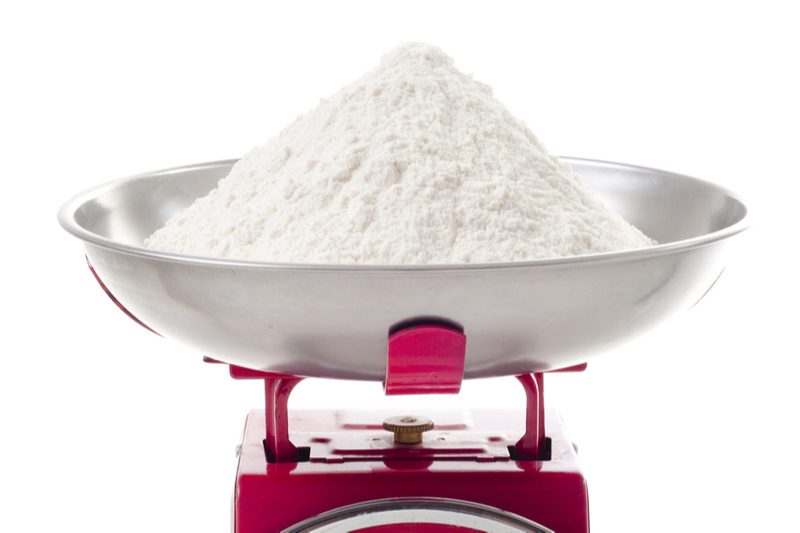Balance of flour

The news that folic acid is to be added to UK flour to help prevent spinal birth defects in babies is welcome. Adding folic acid to flour could prevent up to 200 birth defects a year. However, the new rules will not apply to gluten-free foods and wholemeal flour.
Many people don’t think about integrating folate or folic acid into their diet until they’re trying to get pregnant, which is an unfortunate oversight.
According to the charity Shine and its CEO, Kate Steele, it is over 20 years since the first countries adopted this public health measure, seeing many “benefit from a significant reduction in the incidence of pregnancies affected by neural tube defects.”
Shine wants all types of flour to be included in the mandate, so we will see if this comes to pass in time. Since the Second World War, flour has been fortified with calcium, iron, niacin and thiamin during milling to support the nation’s health. Wholemeal flour has more naturally occurring folate than non-wholemeal wheat flour, and some wholemeal and gluten free foods are already voluntarily fortified with folic acid in the UK.
This public health decision is not anticipated to require major overhaul for industrial-scale flour producers. While companies will need to work through the implications of the announcement on ingredient costs with flour suppliers, there should be no change hopefully to the standard operating procedures within the bakery sector.
Folic acid will need to be added to the labelling of all foods made with flour. With the Government’s announcement that folic acid will be added to most bread it is great that today’s all-seeing consumer can check the ingredient listing on the packaging of their favourite loaves in-store.
I do note that the decision – based on evidence of successful fortification overseas – has raised concerns over the potential health risks of fortification. In New Zealand, the New Zealand Food and Grocery Council says it is concerned at the prospect of younger children being even more exposed to exceeding the upper allowable limit, the interaction of a high folate status and low vitamin B12 with respect to cognitive function and the impact of unmetabolised folic acid circulating in the blood.
The UK government must have sought advice on how much folic acid is already in the food supply before this further intervention. Time will tell whether the general population will gain from the benefits of mandatory fortification.
That said, we shouldn’t lose sight of the positive effects of folic acid. Folate is an important part of the diet, particularly for women of child-bearing age. However, commentators and government representatives often use folate and folic acid interchangeably when they are similar, but not the same. Folate, a natural B vitamin, is essential for good health. Folic acid (pteroylmonoglutamic acid) is a synthetic and most chemically stable form of folate.
We can’t forget the ravages of Covid-19 on all parts of society. Vitamin B9 (folic acid, folate) has a role to play. It is essential for DNA and protein synthesis and plays a crucial role in the immune response. According to a recent study, folic acid inhibits the enzyme furin and blocks the binding of the SARS-CoV-2 spike protein, which makes it helpful in controlling respiratory disease in Covid-19.
- Rodney Jack, editor, Food & Drink Technology.
Keep in touch via email: rodney@bellpublishing.com Twitter: @foodanddrinktec or LinkedIn: Food & Drink Technology magazine.



